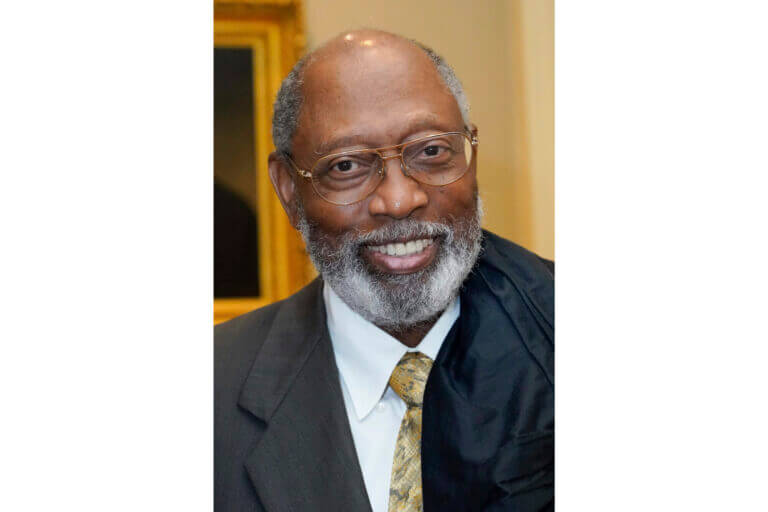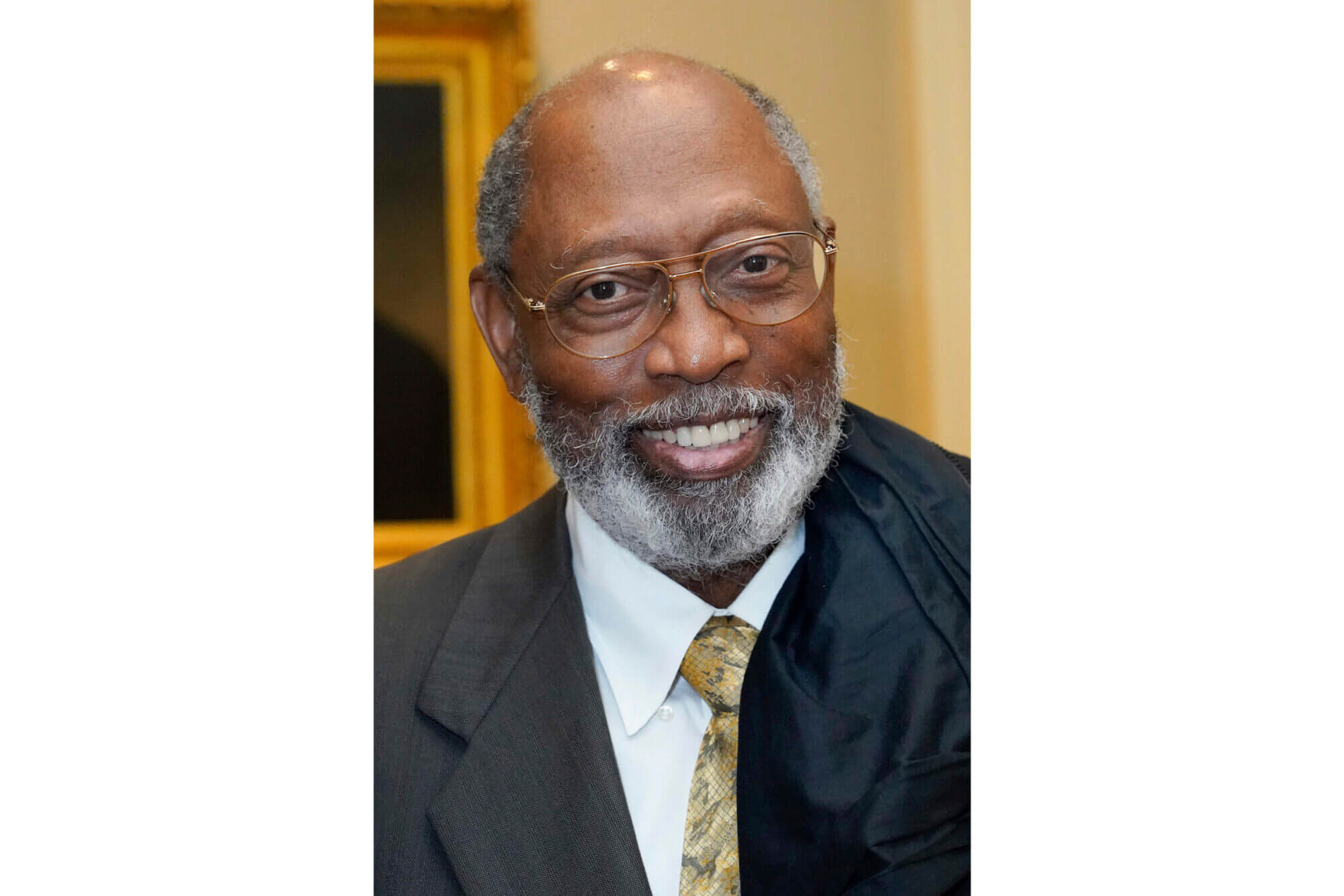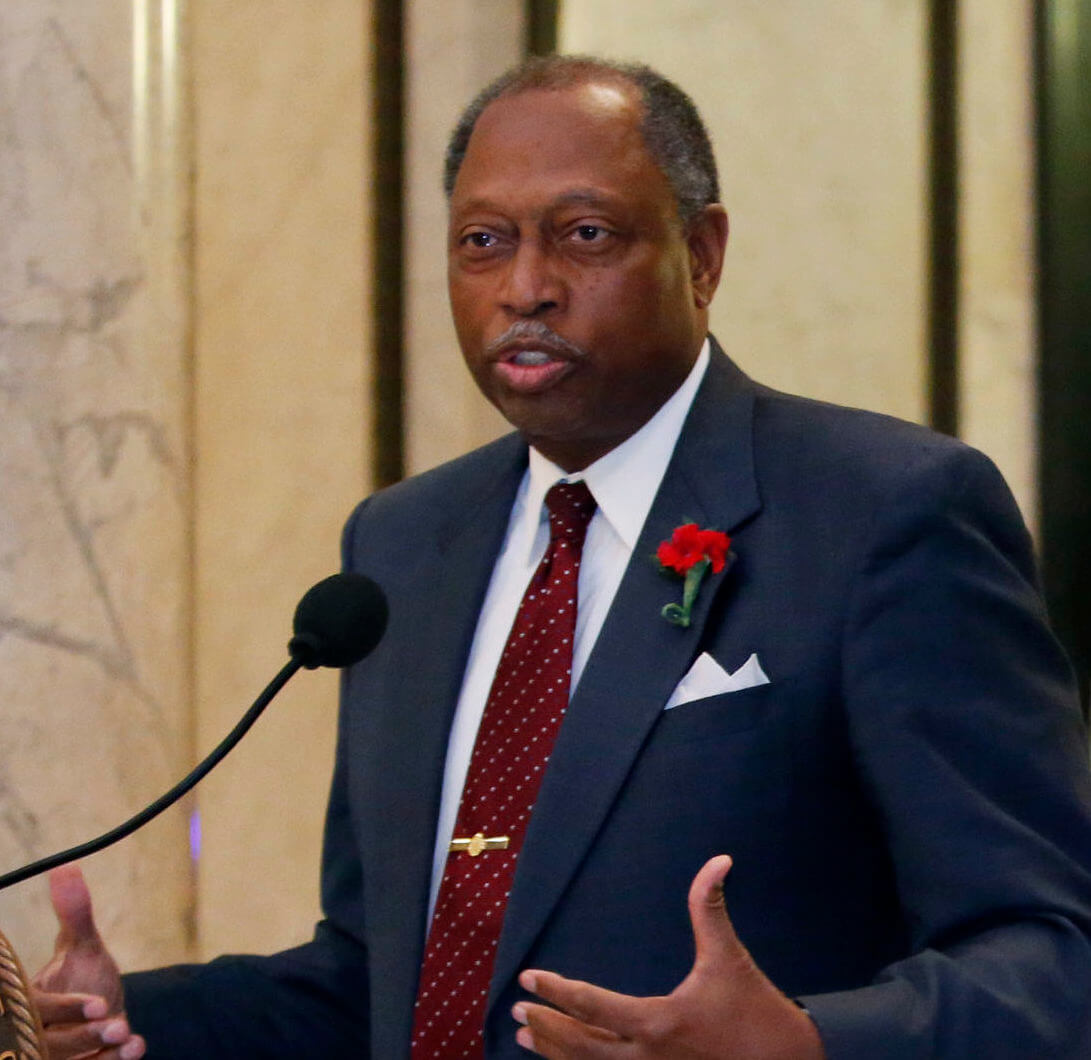

The state attorney general has asked a federal judge in Mississippi to explain errors in a recent ruling, which some lawyers speculated were made by artificial intelligence.

U.S. District Judge Henry T. Wingate issued a temporary restraining order on July 20 that paused the enforcement of a state law that prohibits diversity, equity and inclusion programs in public schools. But the order was riddled with mistakes — naming plaintiffs who weren’t parties to the suit, quoting state law incorrectly and referring to cases that don’t appear to exist.
After lawyers with Attorney General Lynn Fitch’s office asked him to correct the order last week, Wingate replaced the error-laden ruling with a corrected version. He removed the original order from the public docket entirely and backdated the new one.
Now, the AG lawyers are calling for that order to be restored to the public docket and asking for an explanation for how the errors were written into the order in the first place.
The state argues in court documents that the pending litigation will likely be appealed to the conservative U.S. 5th Circuit Court of Appeals, so maintaining a clear record of all of the documents filed on the court docket is crucial.
“All parties are entitled to a complete and accurate record of all papers filed and orders entered in this action, for the benefit of the Fifth Circuit’s appellate review,” the court filing states.
READ MORE: AI ruling? Attorneys baffled by federal judge’s order that lists incorrect parties, wrong quotes
Wingate has not responded to previous requests for comment about the factual errors, and it’s unclear when he would rule on the state’s motion.
Ben Cooper is a professor at the University of Mississippi School of Law who studies AI and is a member of the Mississippi Bar’s Ethics Committee. He told Mississippi Today it may be virtually impossible to know if someone on the judge’s staff used AI to craft the order.
“The fact that it had things in it that sounded real but weren’t actually real — that’s the hallmark of somebody in the judge’s chambers using AI,” Cooper said. “But I can’t prove it and I don’t know that anyone can.”
When attorneys are caught using artificial intelligence, judges typically apply sanctions and ask for an explanation. A federal judge in Alabama last week disqualified three lawyers from the law firm Butler Snow from a case after they inadvertently included made-up citations generated by artificial intelligence in court filings.
But the power imbalance makes it more difficult to demand an explanation from a judge when the roles are reversed — especially a federal judge who has a lifetime appointment to the bench.
“I can’t say for sure that Judge Wingate has done anything wrong, so I don’t want to suggest he should be disciplined, but the system is completely different,” Cooper said. “There often is not the same kind of accountability, and it’s not as fast as with lawyers.”
The parties are scheduled to appear in front of Wingate for a hearing on Aug. 5 to argue about a preliminary injunction in the case.
- State Supreme Court considers reviving former Gov. Phil Bryant’s lawsuit against Mississippi Today over welfare scandal coverage - February 18, 2026
- Winter storm update: Mississippi still waiting on fed declaration for individual assistance, lawmakers crafting plan to fund recovery - February 18, 2026
- Shy of special session, Mississippi school choice appears dead - February 18, 2026